[vc_row row_height_percent=”0″ override_padding=”yes” h_padding=”0″ top_padding=”2″ bottom_padding=”2″ overlay_alpha=”50″ gutter_size=”3″ column_width_percent=”100″ shift_y=”0″ z_index=”0″ shape_dividers=””][vc_column column_width_percent=”100″ align_horizontal=”align_center” overlay_alpha=”50″ gutter_size=”3″ medium_width=”0″ mobile_width=”0″ shift_x=”0″ shift_y=”0″ shift_y_down=”0″ z_index=”0″ width=”1/1″][vc_single_image media=”1624″ media_width_percent=”70″ alignment=”center”][/vc_column][/vc_row][vc_row][vc_column column_width_percent=”80″ overlay_alpha=”50″ gutter_size=”3″ medium_width=”0″ mobile_width=”0″ shift_x=”0″ shift_y=”0″ shift_y_down=”0″ z_index=”0″][vc_column_text]A groundbreaking change in health, society and culture took place in Trieste. Following early experiments in Gorizia, it was in Trieste during the early 70s that Franco Basaglia put into practice “his” mental healthcare revolution. It was the founding stone of Law 180 which led to the closing down of mental hospitals in Italy, restoring dignity to psychiatric patients. Trieste thus became a model of best practice both nationally and internationally, and this model continues to draw researchers and operators from all over the world to the town. This heritage of knowledge and care has produced a vast literature, starting from books written by Basaglia himself such as Istituzione negata (The Institution Denied) in 1968.
We would like to draw readers’ attention to the 180 series by Edizioni Alphabeta, headed by Giuseppe Dell’Acqua, who worked with Franco Basaglia. Especially interesting is a book entitled “La città che cura” (The City that Cares) edited by Giovanna Gallio and Maria Grazia Cogliati Dezza. The book inspired a documentary by the same name in Italian, directed by Erika Rossi. “Access to mental health care,” Erika Rossi explains in the synopsis of her movie, “is not the same for everyone. A person’s standard of living greatly influences the possibility of care and cure.”
Synergy between the Local Health Authority, the Municipality of Trieste and ATER (Territorial Body for Residential Building of Trieste) has led to the creation of what are known as Microareas in the suburban areas of Trieste, providing an innovative health care model. The Microarea project offers care that extends beyond standard institutional care, by focusing on the life of patients rather than simply looking at the issue from a medical viewpoint. This project could not have been started anywhere else but Trieste, owing to its Basaglian psychiatric reform. The network of Biblioteche Diffuse (a library spread out over several locations) of the Municipality of Trieste has become a welcoming point of reference that kinds of readers of all kinds can count on. One of the strongest and most active locations of Biblioteche Diffuse is in the microarea of Ponziana, the location of Erika Rossi’s movie.
Watch the trailer to see it.[/vc_column_text][vc_button button_color=”accent” size=”btn-sm” radius=”btn-square” outline=”yes” border_width=”0″ link=”url:https%3A%2F%2Fvimeo.com%2F219664857||target:%20_blank|”]Video[/vc_button][/vc_column][/vc_row]





